Learning
Recent articles
What infant fMRI is revealing about the developing mind
Cognitive neuroscientists have finally clocked how to perform task-based functional MRI experiments in awake babies—long known for their inability to lie still or take direction. Next, they aim to watch cognition take shape and settle a debate about our earliest memories—with one group publishing a big clue today.
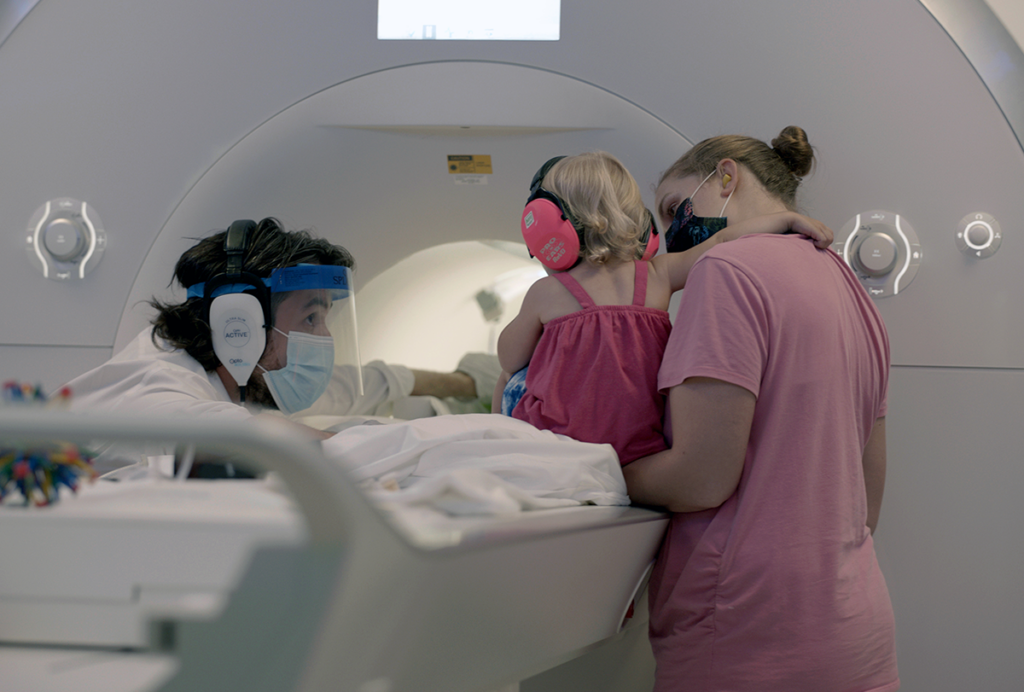
What infant fMRI is revealing about the developing mind
Cognitive neuroscientists have finally clocked how to perform task-based functional MRI experiments in awake babies—long known for their inability to lie still or take direction. Next, they aim to watch cognition take shape and settle a debate about our earliest memories—with one group publishing a big clue today.
Dopamine ‘gas pedal’ and serotonin ‘brake’ team up to accelerate learning
Mice learn fastest and most reliably when they experience an increase in dopamine paired with an inhibition of serotonin in their nucleus accumbens, a new study shows, helping to resolve long-standing questions about the neuromodulators’ relationship.
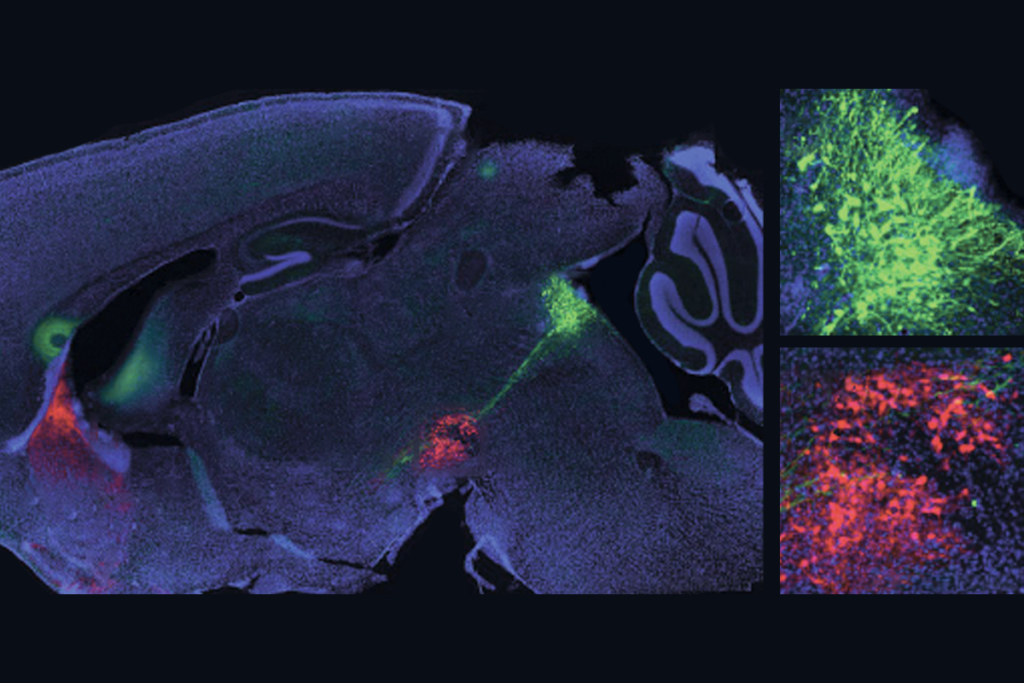
Dopamine ‘gas pedal’ and serotonin ‘brake’ team up to accelerate learning
Mice learn fastest and most reliably when they experience an increase in dopamine paired with an inhibition of serotonin in their nucleus accumbens, a new study shows, helping to resolve long-standing questions about the neuromodulators’ relationship.
Subthalamic plasticity helps mice squelch innate fear responses
When the animals learn that a perceived threat is not dangerous, long-term activity changes in a part of the subthalamus suppress their instinctive fears.
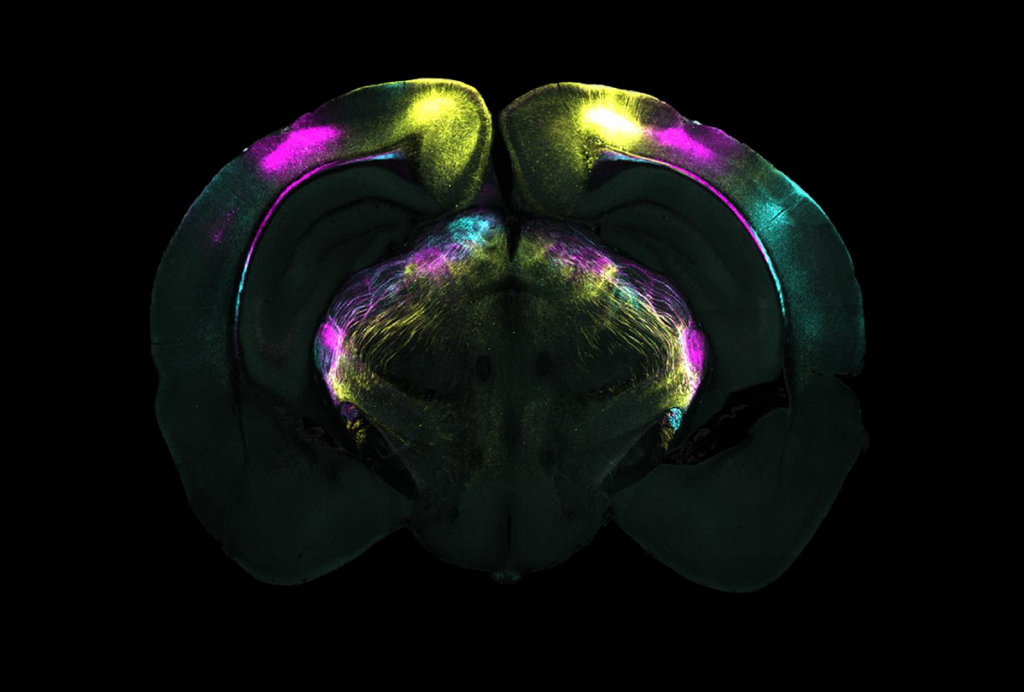
Subthalamic plasticity helps mice squelch innate fear responses
When the animals learn that a perceived threat is not dangerous, long-term activity changes in a part of the subthalamus suppress their instinctive fears.
The Transmitter’s favorite essays and columns of 2024
From sex differences in Alzheimer’s disease to enduring citation bias, experts weighed in on important scientific and practical issues in neuroscience.
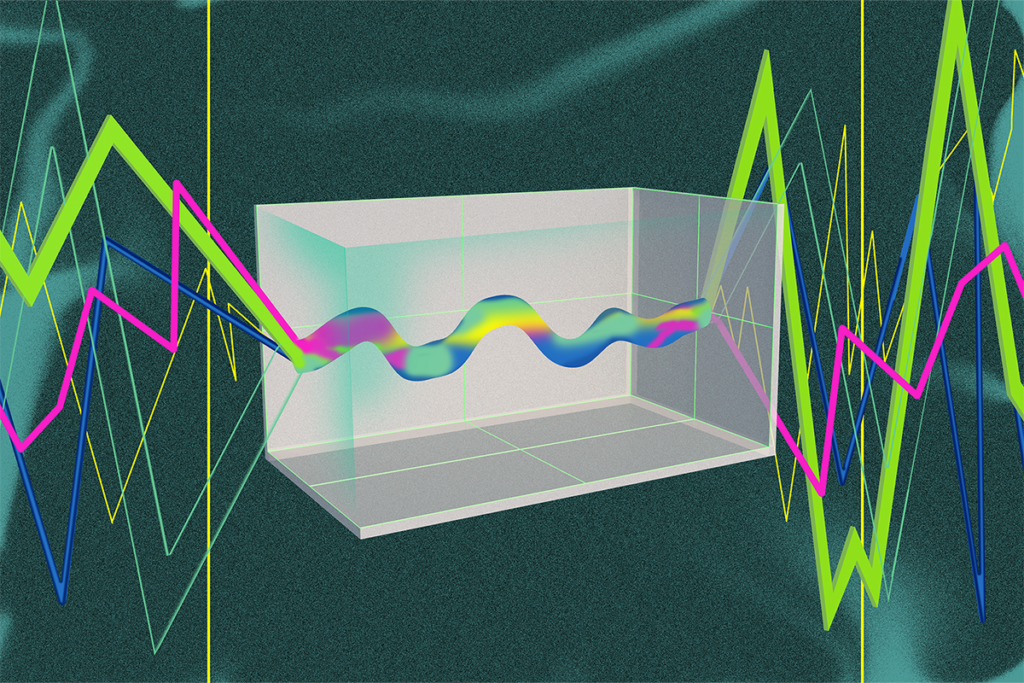
The Transmitter’s favorite essays and columns of 2024
From sex differences in Alzheimer’s disease to enduring citation bias, experts weighed in on important scientific and practical issues in neuroscience.
The Transmitter’s favorite podcasts of 2024
Our picks include a deep dive into dopamine, the role of PKMzeta in memory, and studying the stomatogastric ganglion.
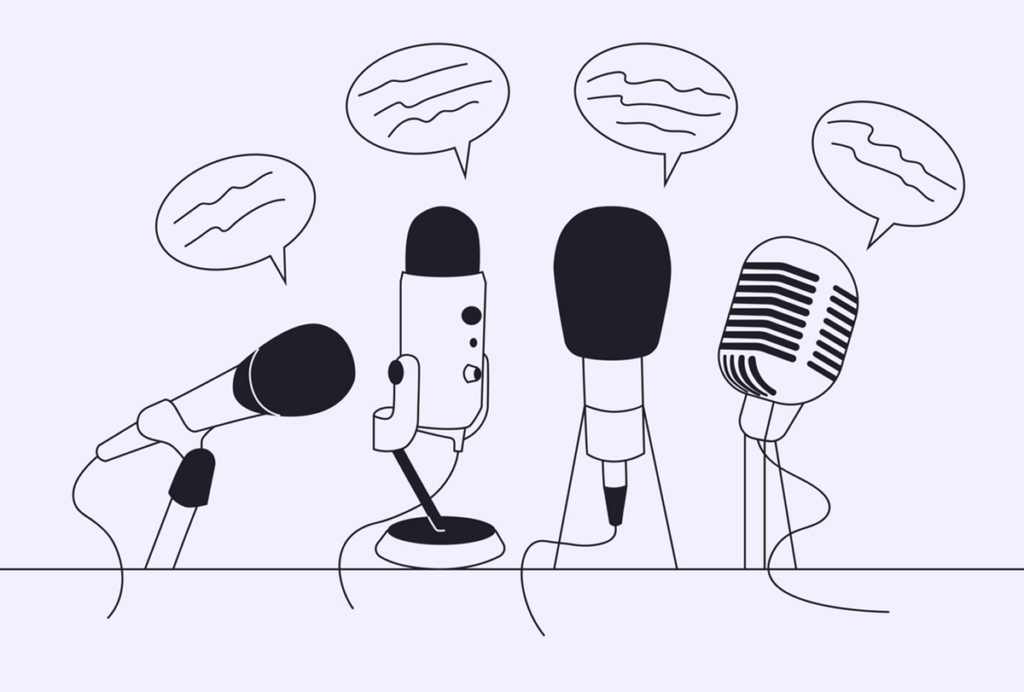
The Transmitter’s favorite podcasts of 2024
Our picks include a deep dive into dopamine, the role of PKMzeta in memory, and studying the stomatogastric ganglion.
Say what? The Transmitter’s top quotes of 2024
“We’ve cured mouse-heimer’s thousands of times...”—find out who said this to a Transmitter reporter, and read our other favorite quotes from the past year.
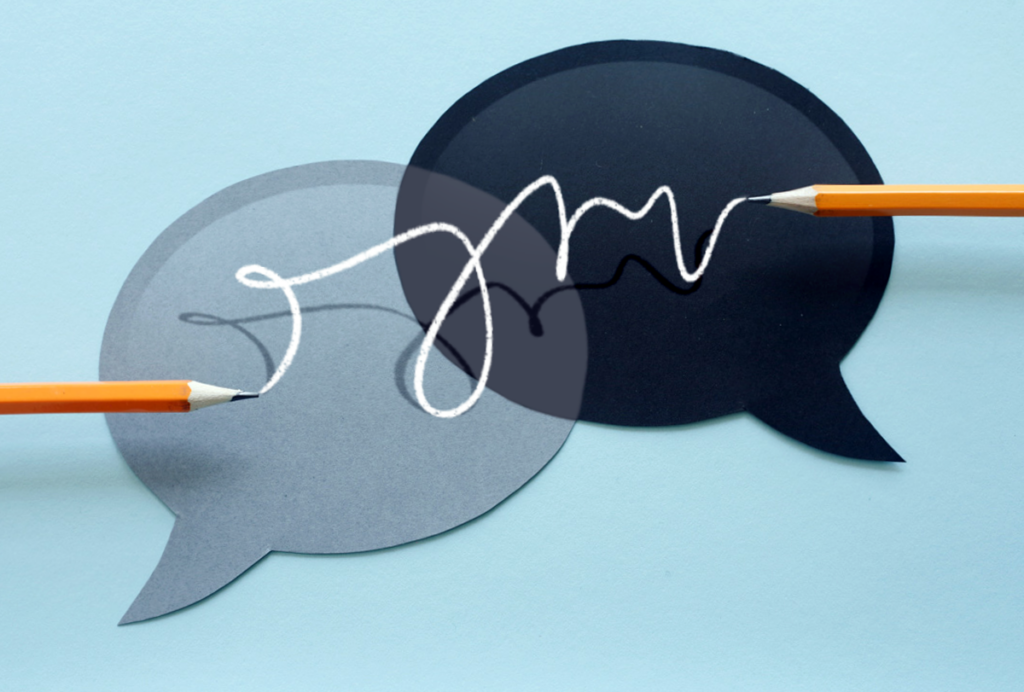
Say what? The Transmitter’s top quotes of 2024
“We’ve cured mouse-heimer’s thousands of times...”—find out who said this to a Transmitter reporter, and read our other favorite quotes from the past year.
Vijay Namboodiri and Ali Mohebi on the evolving story of dopamine’s role in cognitive function
Researchers discuss the classic stories of dopamine’s role in learning, ongoing work linking it to a wide variety of cognitive functions, and recent research suggesting that dopamine may help us "look back" to discover the causes of events in the world.
Vijay Namboodiri and Ali Mohebi on the evolving story of dopamine’s role in cognitive function
Researchers discuss the classic stories of dopamine’s role in learning, ongoing work linking it to a wide variety of cognitive functions, and recent research suggesting that dopamine may help us "look back" to discover the causes of events in the world.
Reconstructing dopamine’s link to reward
The field is grappling with whether to modify the long-standing theory of reward prediction error—or abandon it entirely.

Reconstructing dopamine’s link to reward
The field is grappling with whether to modify the long-standing theory of reward prediction error—or abandon it entirely.
Neural-network analysis posits how brains build skills
Discrete computational subunits may offer mix-and-match motifs for cognition.
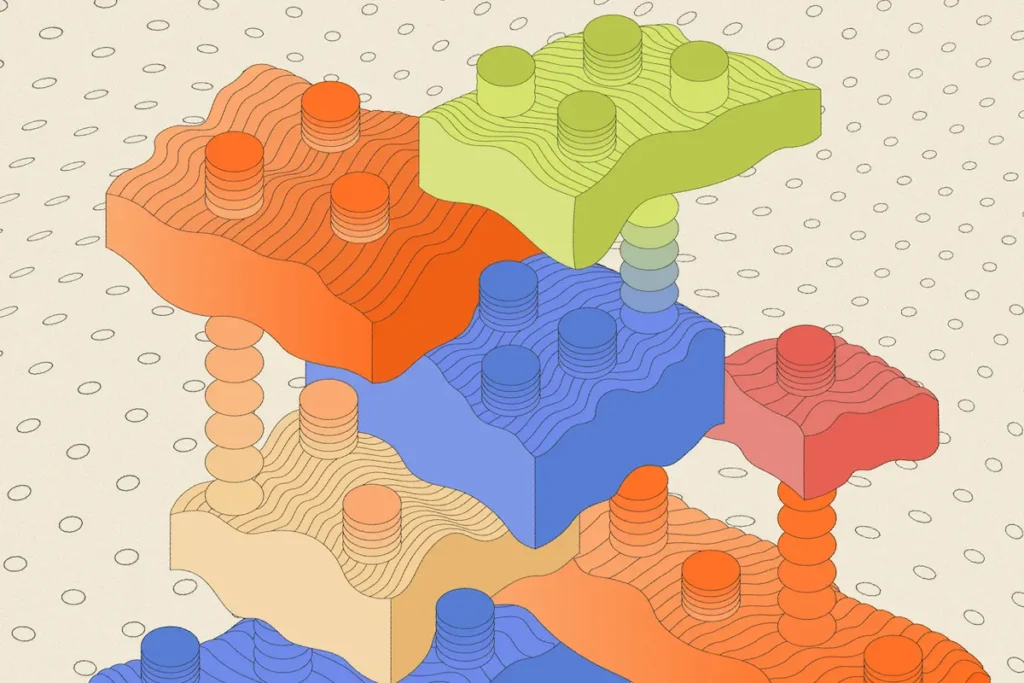
Neural-network analysis posits how brains build skills
Discrete computational subunits may offer mix-and-match motifs for cognition.
Can an emerging field called ‘neural systems understanding’ explain the brain?
This mashup of neuroscience, artificial intelligence and even linguistics and philosophy of mind aims to crack the deep question of what "understanding" is, however un-brain-like its models may be.
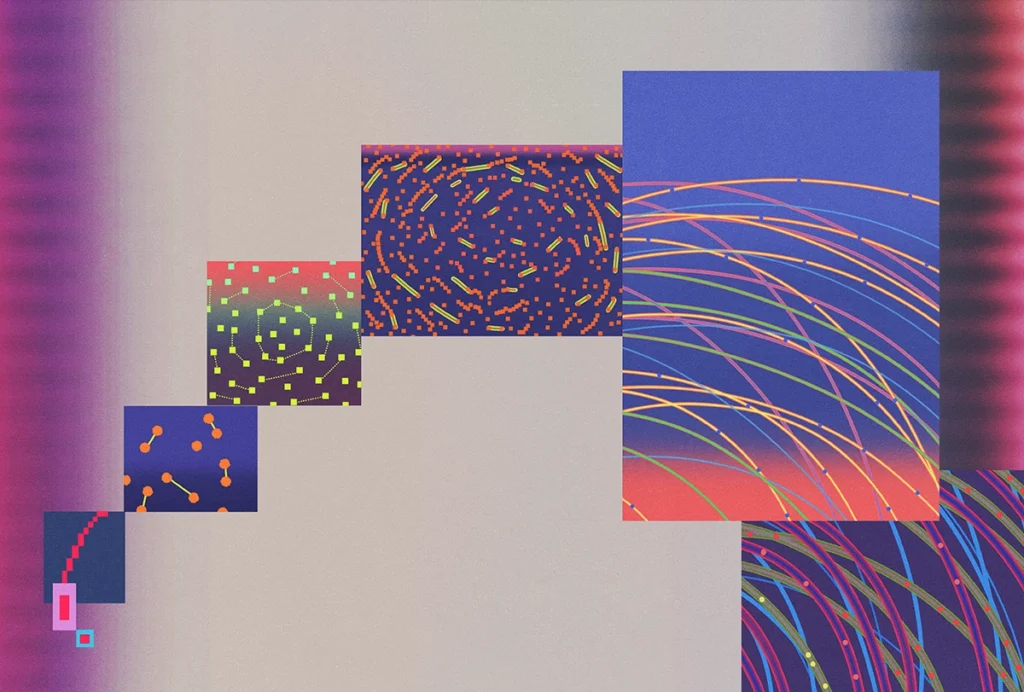
Can an emerging field called ‘neural systems understanding’ explain the brain?
This mashup of neuroscience, artificial intelligence and even linguistics and philosophy of mind aims to crack the deep question of what "understanding" is, however un-brain-like its models may be.
Explore more from The Transmitter
Expediting clinical trials for profound autism: Q&A with Matthew State
Aligning Research to Impact Autism, a new initiative funded by the Sergey Brin Family Foundation, wants to bring basic science discoveries to the clinic faster.

Expediting clinical trials for profound autism: Q&A with Matthew State
Aligning Research to Impact Autism, a new initiative funded by the Sergey Brin Family Foundation, wants to bring basic science discoveries to the clinic faster.
This paper changed my life: Shane Liddelow on two papers that upended astrocyte research
A game-changing cell culture method developed in Ben Barres’ lab completely transformed the way we study astrocytes and helped me build a career studying their reactive substates.

This paper changed my life: Shane Liddelow on two papers that upended astrocyte research
A game-changing cell culture method developed in Ben Barres’ lab completely transformed the way we study astrocytes and helped me build a career studying their reactive substates.
Dean Buonomano explores the concept of time in neuroscience and physics
He outlines why he thinks integrated information theory is unscientific and discusses how timing is a fundamental computation in brains.
Dean Buonomano explores the concept of time in neuroscience and physics
He outlines why he thinks integrated information theory is unscientific and discusses how timing is a fundamental computation in brains.